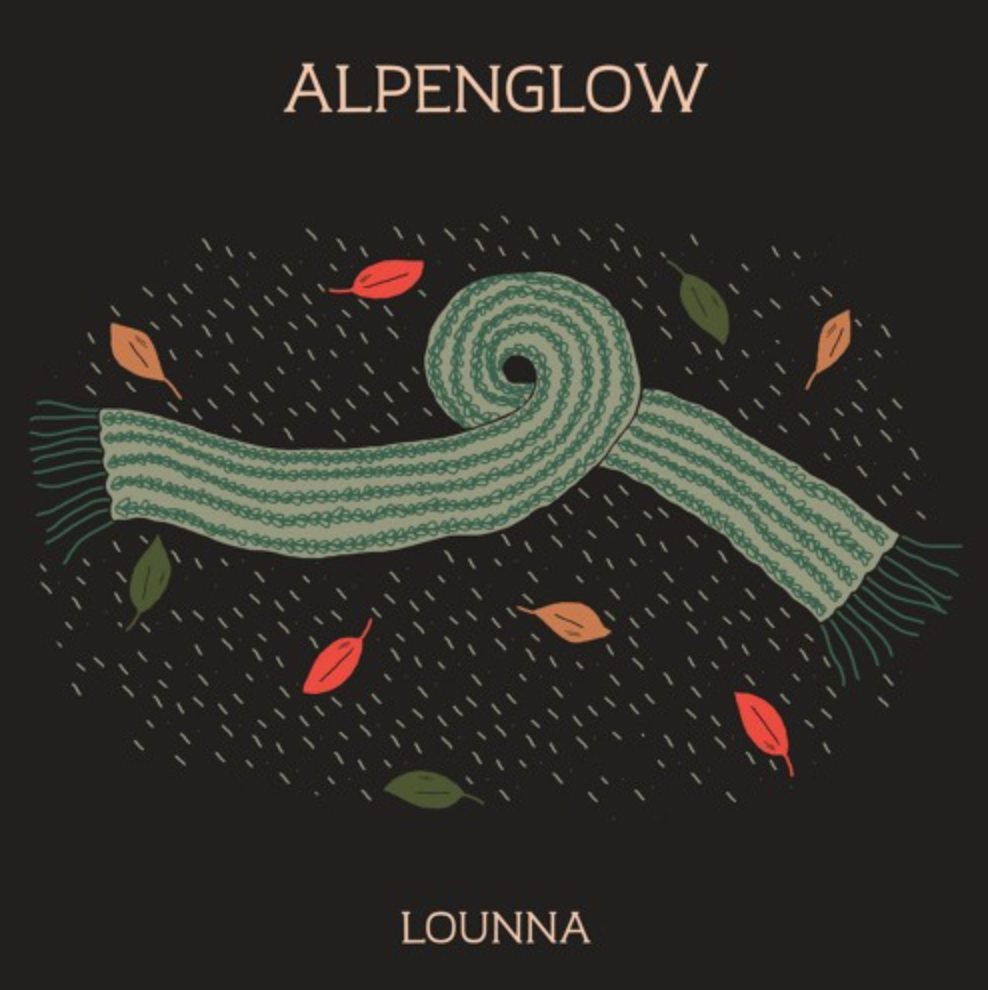After intense anticipation, Dan Morgan’s debut LP, In the Wake of a Dying Sun, released by Throwing Shapes, is finally upon us. After the opening salvo, the first of the seminal singles, Brace Yourself, offers listeners a potent foretaste of the album’s virtuosic versatility. Brace Yourself is not only a harbinger of Morgan’s diverse exploration but a forceful narrative in its own right, positioning itself steadfastly within the post-rock genre.
In this track, traditional rock instrumentation grooves against cutting-edge and vintage analogue synths, lending an air of retro-futurism to the production which allows the poetic whispers of lyricality to resonate beyond the confines of the release as the verses work their way into the reverberations of your mind.
The complex time signatures woven throughout Brace Yourself are the ultimate attestations of Morgan’s ability to melodically manipulate controlled chaos. This rhythmic complexity adds a palpable intensity to the track which delivers post-rock as you’ve never heard it before.
You’ll be caught between adoration of how cohesively all the elements of the track pulled together and the intensity of emotions evoked by the sonic escapade. Because once you hit play, you’re powerless to resist the momentum. Like getting caught up in a riptide at sea, all you can do is succumb to the higher power as it carries you.
As the first glimpse of what ‘In the Wake of a Dying Sun’ promises, ‘Brace Yourself’ sets a high bar. It is an earnest reflection of Morgan’s last few years of dedication in the studio, wrestling with a spectrum of sounds and influences that culminate in a collection of tracks that are set to seal his fate as one of the most promising UK alt-rock artists of 2024.
In the Wake of a Dying Sun was released on September 12 stream the LP in full on Bandcamp.
Review by Amelia Vandergast

